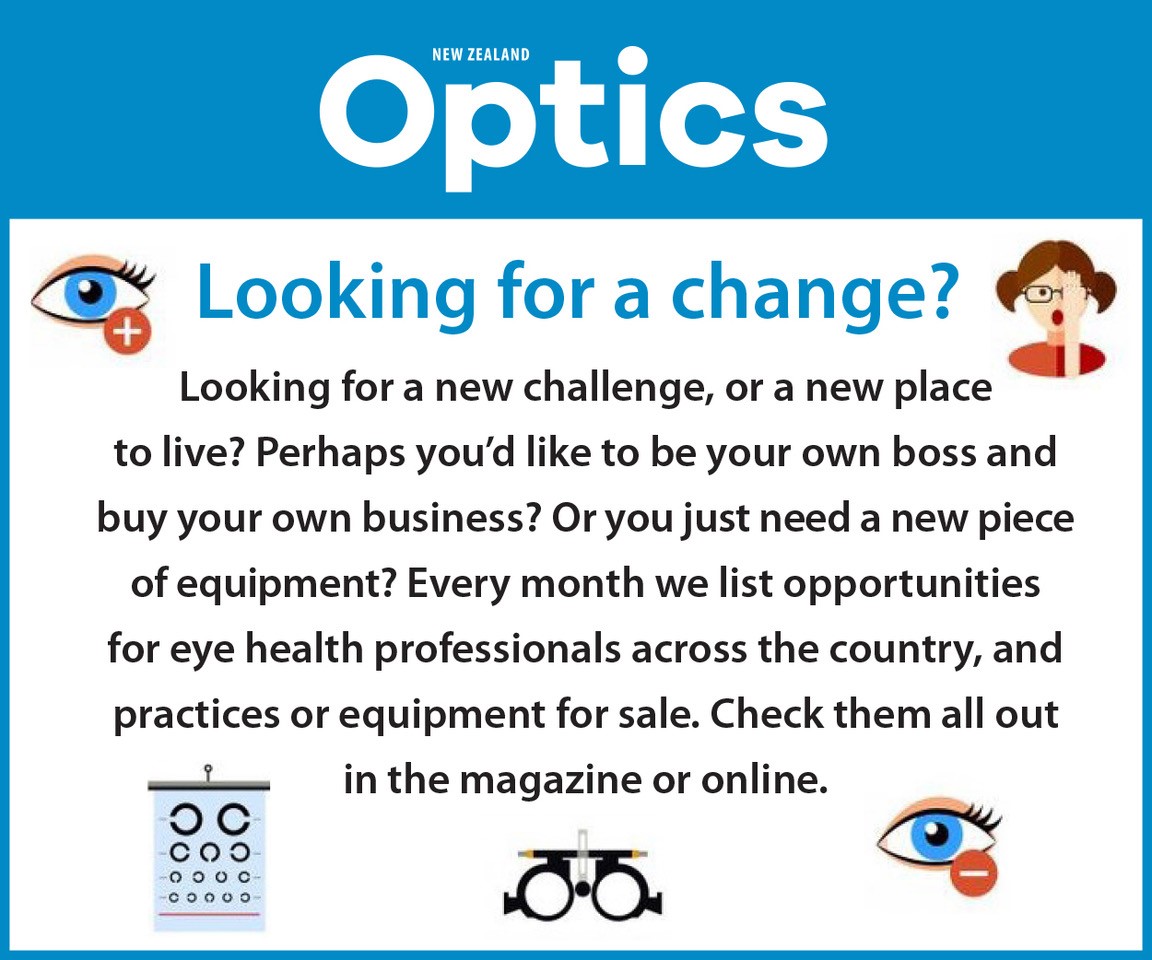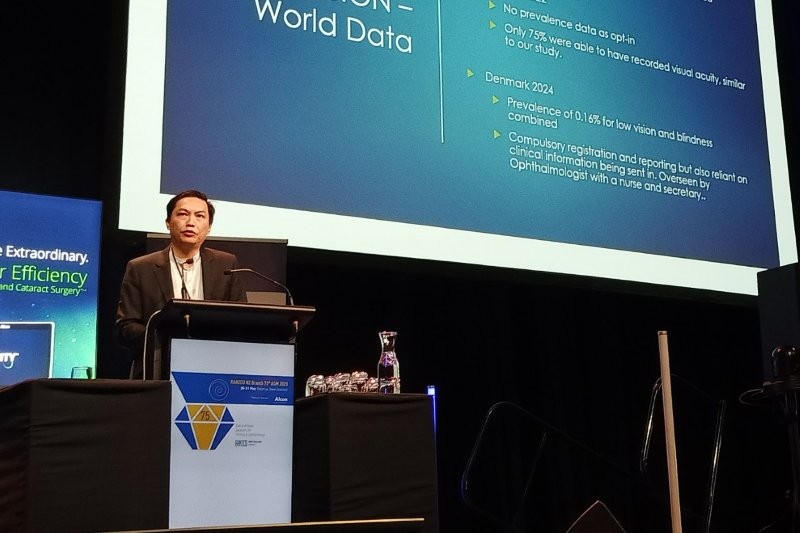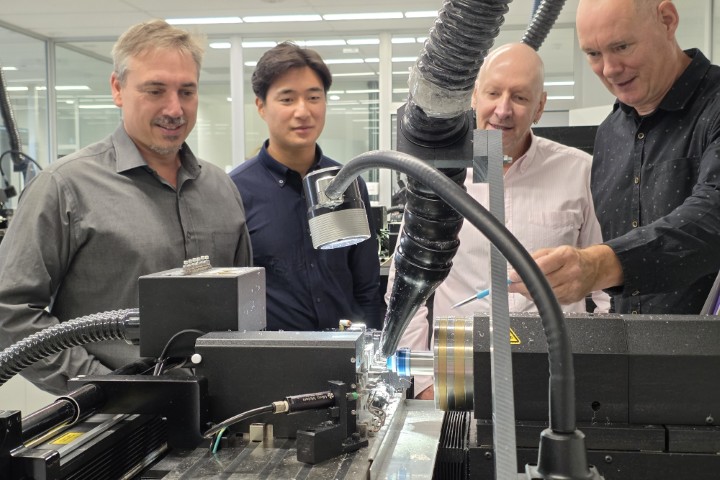Leadership: thoughts for uncertain times
Aside from the proverbial death and taxes, most of life is uncertain. With uncertainty as a given, the question is then, how you prepare and lead your businesses through the challenges that will inevitably arrive tomorrow or the day thereafter.
Building a culture of leadership within small teams is difficult yet crucial and is led from the top. This can take a long time and can too easily be undone with the wrong approach or by employing the wrong fit for your team. To steer your business through these times, it is not only important to know what leadership is, it is as important to know what it is not.
Leadership is not:
- Having all the answers – Avoid the trap SME owners often fall into, thinking that because they are the owner, they need to have all the answers. That is simply not the case. Expertise and core competencies exist across all staff within a practice as well as externally with accountants, mentors etc. Draw on these skills to gather ideas and information; leverage the knowledge that exists close at hand because you will never know it all
- Telling people and staff what to do – Few, if any, people like being told what to do and how to do it most of the time. This results in micromanaging and ultimately in frustration and resentment which will lead to fracturing and disconnection of the team. It is a significant waste of time, your most precious and scarce resource
- About power and control – Dictatorships generally have only one long-term consequence and that is the downfall of the dictator. Staff churn will be high which in turn carries a financial cost, but more detrimental is the erosion of relationships with clients
- A popularity contest – Respect is far more important than popularity and difficult decisions will never be popular. The desire to be liked easily results in the wrong decisions being made for the wrong reasons. In the words of Jack Welch, “Leaders have the courage to make unpopular decisions and gut calls.”
Leadership is:
- Growing your team – Small teams need to operate efficiently and effectively with multi-tasking a component of most roles. Developing and growing the competencies and skills of your team will deliver more powerful, long-lasting results
- Building vision and hope – It is that much easier to perform when the big picture is understood (the why) and there is an identifiable pathway to achieve it. Outline the vision and discuss it with your team. When challenges arise, we all need a sense of hope that we will get through the hard times to the other side, even though the path may be rocky and difficult. Your team will look to you for that hope
- Setting values and behaviours – Be the example of how you expect your team to operate. This will then naturally flow through to engagement with customers and become part of the intangible reasons why they keep returning. Write them down and ensure everyone understands what they mean and how they are executed in practice
- Understanding and speaking different languages – Whilst it is vital to treat all your team the same, the language that you use will differ based on their individual personalities. This requires an understanding of who they are and the buttons that you need to push to achieve the desired outcome. It may best be described as empathy and enables you to bring the team along the same path even though their personal motivations may vary
- Being a catalyst – New ideas and changes need a trigger to get them started. Most often you will be that trigger, sparking new thinking and ways of doing business. The team, however, can be and should be encouraged to be the catalyst for areas where you have no direct knowledge
Which leadership style?
You cannot be someone that you are not and your leadership style will need to reflect your own personality. This will at times entail stepping outside your comfort zone, but as a business owner you are not obviated from the need to grow in the same way that you would expect of your staff! Be your own person and customise the principals of leadership to the ways in which they work for you.
“Be strong enough to stand alone, smart enough to know when you need help and brave enough to ask for it.” Ziad Abdelnour
Neil Human is CEO of the Independent Optometry Group. To find out more about how IOG can help make your practice thrive, please get in touch: neil.human@iogroup.co.nz.


























